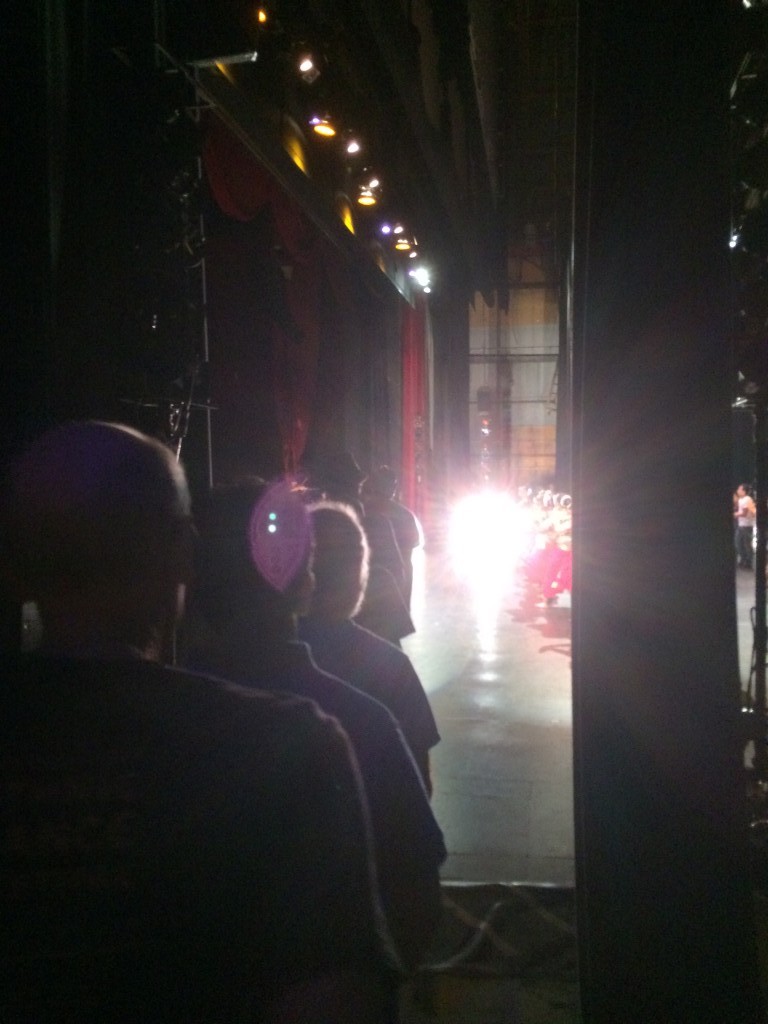
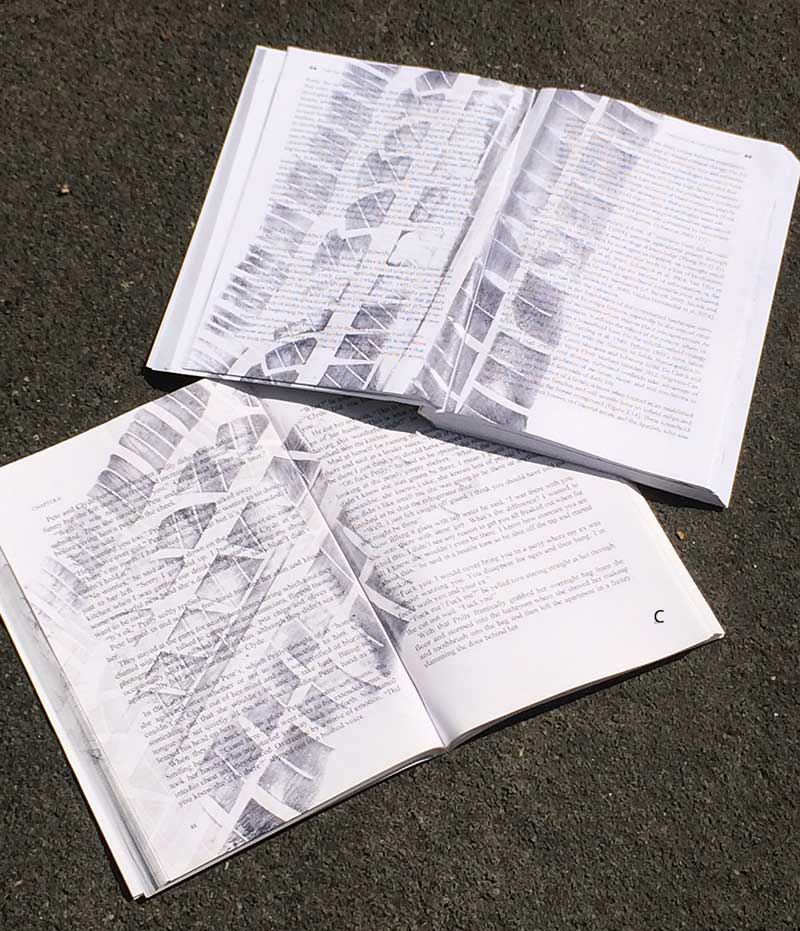

Mitch’s Blog
The Scholarly Epiphany Fix
Thursday, January 26, 2017
There’s that moment just before every performance. Curtain is closed. Stage manager, hooked into his headset, gives the ok. You’re in the wings, restlessly stretching, madly running 
I dance. When an academic publisher or a scholar not in a performance department says something that, it means that they got down with the ‘80s band at their annual conference or were dragged onto the dance floor by their grad students after someone passed their dissertation defense. Alcohol is usually involved. Occasionally, it means they took some salsa lessons with their partner as a break from grading exams or reviewing bad manuscripts. That’s not what I’m talking about. I dance. Really.
I dance for that moment. Call it an epiphany, but is almost unmatched in my life. I have been performing folkloric dance from around the world since I was a teenager on stages on 3 continents, but that story belongs elsewhere. What belongs here is the importance of that pre-show moment for being a scholar or a publisher or anyone who primarily works with their head. Thank goodness for those scholars who discovered bodies, senses, emotions, and embodiment in recent decades. They have made it safe to talk about this moment, or you’d all think me a crackpot for talking about it.
That emotional rush is hard to come by in the academic world. Research programs are calculated in years, often decades. Even the epitomes of success—news of tenure decisions, having an article published, winning a grant or award—usually come by letter or email. You sure feel good, but the reward is telling your family, colleagues, and friends one at a time as they walk by your office or at dinner that night. For all the academic presentations I’ve seen, the number of standing ovations have been few and the lights don’t quiver with intensity before you start speaking.
For academic publishers, it’s even worse. When the box of new books arrives in our office, we’re already working on projects due to arrive next year or the year after. The published book is an 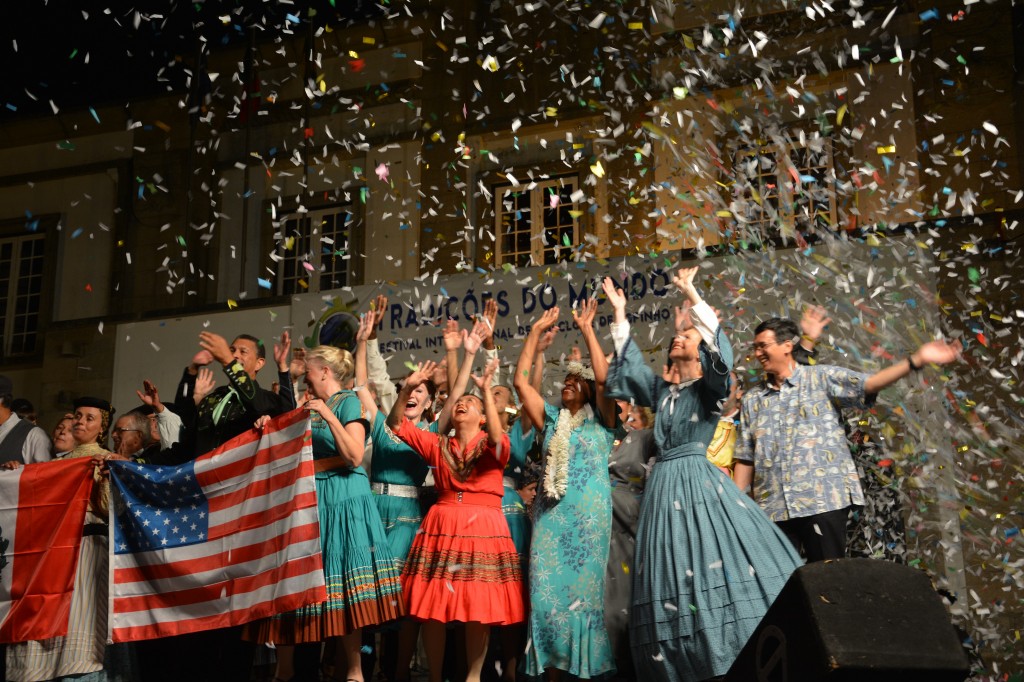 afterthought, something to be tossed on the desk to be looked at later when you’ve finished writing yet another email to a prospective author. Yes, there can fear and excitement in examining your newly published book, but it usually is about whether you’ll find a typo in the front matter as you quickly browse it.
afterthought, something to be tossed on the desk to be looked at later when you’ve finished writing yet another email to a prospective author. Yes, there can fear and excitement in examining your newly published book, but it usually is about whether you’ll find a typo in the front matter as you quickly browse it.
I had my epiphany again on Saturday when my current dance company performed at the local dance club, Ashkenaz. The same costume pat, envisioning choreographies, checking my shoelaces, glancing up to ensure my partner hadn’t wandered off, exhaling, then “and now Jubilee American Dance Theatre…” from the announcer. A few bars from Joe the Fiddle Player and off we went into Exhibition Squares.
When the music ends, applause. When the applause ends, silence. You gasp back to the dressing room, nodding at each other about how good it was. You pull off your sticky costume to stuff in the bag, toss on jeans and a sweatshirt, and go out and have a drink and food with the rest of the company. The next day, it’s back to rehearsal to work on the next Cajun zydeco piece or Bulgarian horo. There is an end to every performance. A clean emotional break.
In academic life, the emotional signposts are never clear, never singular, never over. And never visceral. There’s no welling 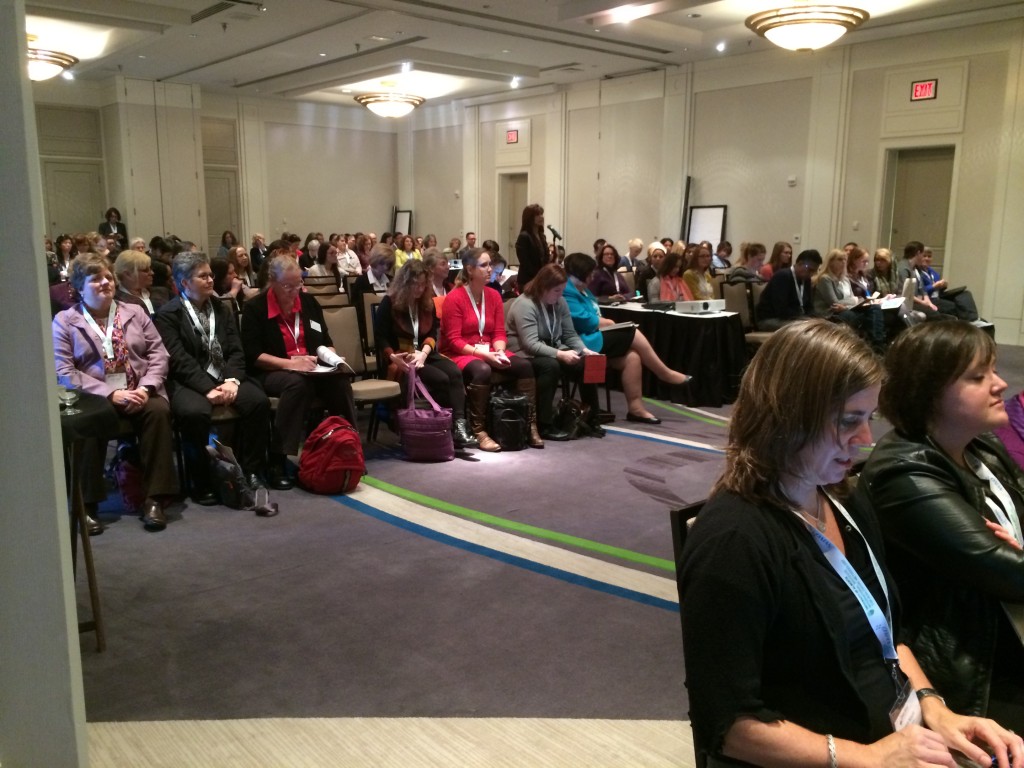
Can we fix academic life to give us more of those highlights? Maybe before each academic paper at a conference the presenter starts with something akin to a Maori haka, as the New Zealand rugby team does. A scholarly shout to gear you up for the paper to come and to awaken the audience, who have dozed off from the last three presenters. What a way to announce that you are ready to sweep through your data and theories to an inevitable conclusion!
Two summers ago, Jubilee was at an international dance festival in Liptal, a small village in Moravia, Czech Republic. There were eight visiting dance companies there, and 
It’s not unprecedented. An indigenous archaeology conference in Burra, Australia,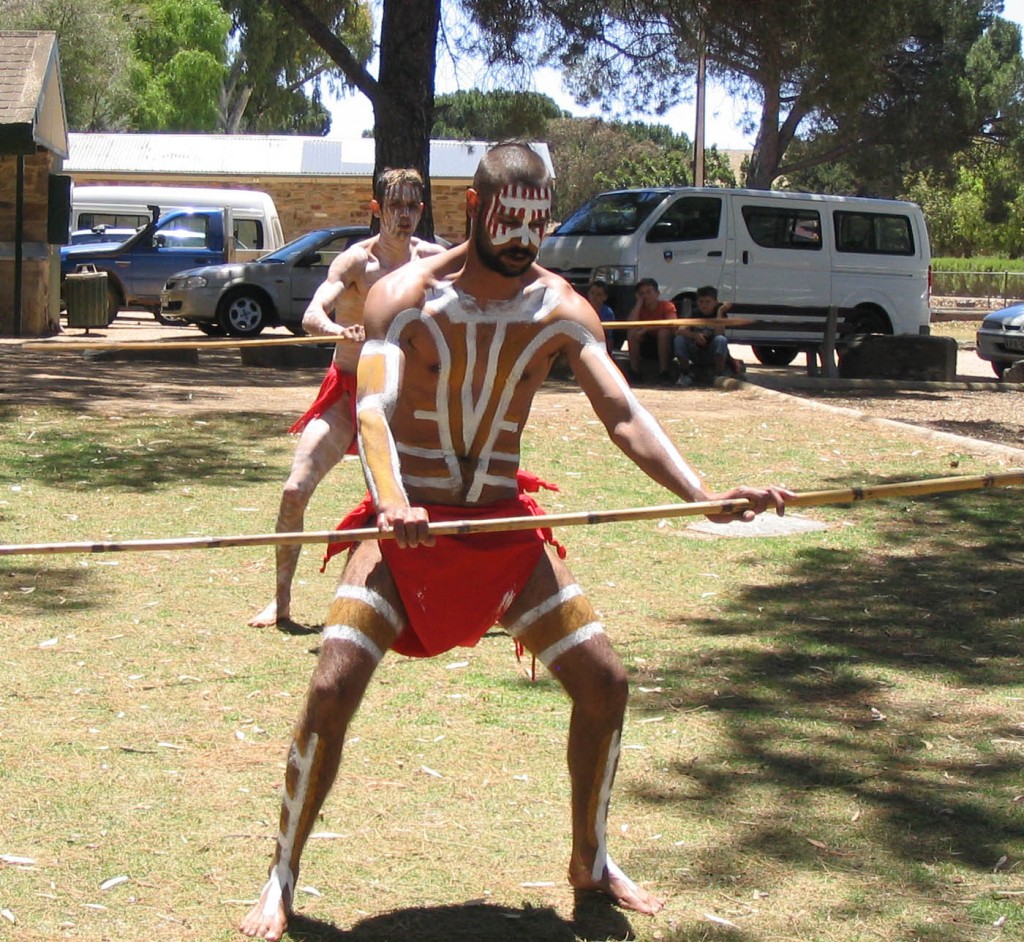 I attended a decade ago began with Aboriginal song and dance, but they didn’t follow through and insist that the rest of us mirror with our own performances before we declaimed on indigenous intellectual property rights.
I attended a decade ago began with Aboriginal song and dance, but they didn’t follow through and insist that the rest of us mirror with our own performances before we declaimed on indigenous intellectual property rights.
Who will be the brave conference organizer who will insist on you submitting your opening chant along with your title and abstract before having your paper accepted? I want to go to that conference. And I’ll be able to get my epiphany fix without dancing my knees out.
Jubilee dance photo from Espinho Festival 2016 by Bill Euphrat
Back to Scholarly Roadkill Blog
Scholarly Roadside Service
ABOUT
Who We Are
What We Do
SERVICES
Help Getting Your Book Published
Help Getting Published in Journals
Help with Your Academic Writing
Help Scholarly Organizations Who Publish
Help Your Professional Development Through Workshops
Help Academic Organizations with Program Development
CLIENTS
List of Clients
What They Say About Us
RESOURCES
Online Help
Important Links
Fun Stuff About Academic Life


